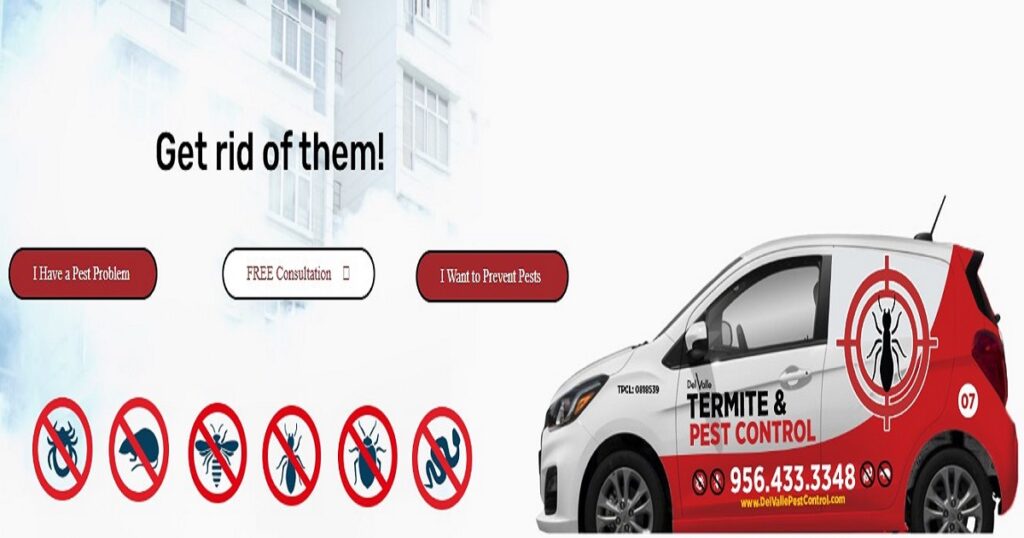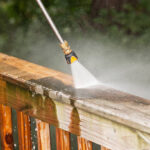When it comes to household pests, rodents are among the most dangerous and destructive. Mice and rats don’t just cause structural damage—they also spread diseases, contaminate food, and create unsanitary living conditions. Once they find their way into your home, they reproduce quickly, making the problem worse by the day. That’s why timely and effective rodent control is essential for every homeowner.
This article will help you understand the dangers of rodent infestations, how to spot signs of rodent activity, and the best ways to prevent and eliminate these unwelcome invaders.
Why Rodent Control Is So Important
Rodents are more than just a nuisance. Their presence in your home can create serious health and safety concerns:
-
Health Risks: Rodents are known carriers of diseases like hantavirus, salmonella, leptospirosis, and rat-bite fever. They can transmit these illnesses through droppings, urine, bites, and contaminated food.
-
Property Damage: Mice and rats have strong teeth that allow them to gnaw through wood, insulation, wires (a fire hazard), drywall, and even plastic piping.
-
Rapid Breeding: A single pair of mice can produce dozens of offspring in just a few months, leading to a full-blown infestation in no time.
-
Food Contamination: Rodents chew through pantry items, leaving behind droppings and bacteria.
If you’ve spotted even one rodent in your home, there’s a good chance more are hiding—and multiplying—just out of sight.
Signs of a Rodent Infestation
Knowing how to recognize the early warning signs of rodent activity can help you act before the problem gets out of hand:
-
Droppings: Small, dark pellets usually found in kitchen cabinets, drawers, or along walls.
-
Gnaw Marks: Chewed wires, wood, or food packaging are telltale signs.
-
Scratching Noises: Rodents are nocturnal and most active at night. If you hear scratching or scampering in the walls or ceiling, you may have mice or rats.
-
Nests: Rodents build nests out of shredded materials like paper, fabric, or insulation. These are often hidden in wall voids, attics, or storage areas.
-
Grease Marks: As rodents travel along walls and baseboards, they leave behind greasy smudges from their fur.
-
Unusual Pet Behavior: Dogs and cats may act alert or agitated near infested areas.
Rodent Control Methods
There are several effective ways to Rodent Control Laredo, TX a rodent infestation. The best solution often involves a combination of the following:
1. Trapping
Snap traps and glue boards are common tools for catching mice and rats. When using traps:
-
Place them along walls and in dark, hidden areas
-
Use bait like peanut butter or nuts
-
Check traps daily and dispose of rodents quickly
2. Rodenticides
Rodent baits and poison blocks are available but should be used with extreme caution, especially if you have pets or children. Improper use can also lead to dead rodents in hard-to-reach places, causing odor issues.
3. Ultrasonic Repellents
These plug-in devices emit high-frequency sounds meant to repel rodents. While not always 100% effective, they can be used as a deterrent alongside other control measures.
4. Sealing Entry Points
Rodents can squeeze through gaps as small as a dime. Inspect your home and seal:
-
Cracks in foundations and walls
-
Gaps around pipes and vents
-
Openings under doors and windows
Use steel wool, metal mesh, or caulk—materials rodents can’t chew through.
5. Professional Rodent Control
For larger or recurring infestations, hiring a professional pest control service is often the safest and most effective option. Experts:
-
Conduct thorough inspections
-
Identify nesting and entry points
-
Customize treatment plans
-
Offer follow-up monitoring and prevention tips
Rodent Prevention Tips
Once you’ve eliminated rodents, the goal is to keep them from coming back. Here are some helpful prevention strategies:
-
Keep Food Sealed: Store all food in airtight containers and clean up crumbs or spills immediately.
-
Take Out Trash Regularly: Use sealed garbage bins and dispose of food waste frequently.
-
Declutter: Remove unnecessary cardboard, paper, and fabric that rodents can use for nesting.
-
Fix Leaks: Rodents are attracted to water sources, so repair dripping pipes and clogged gutters.
-
Keep Landscaping Trimmed: Overgrown shrubs and trees near the house can provide hiding spots and access points.
Final Thoughts
Rodents are not just a seasonal problem—they can invade your home at any time of the year. That’s why proactive rodent control is a crucial part of maintaining a safe and healthy household. From recognizing early warning signs to implementing long-term prevention, staying one step ahead is the key to keeping your home rodent-free.


